B. Scott sat down with writer, activist and #GirlsLikeUs founder, Janet Mock for a conversation on the power of what it means to define yourself.
In the opening of her interview, Mock writes:
Throughout my life, I’ve felt the pressure of having to define my multiple identities for myself and for others. I love words, yet I know that words often fail us. At times, words are unable to fully encompass who we know ourselves to be. Knowing this, I felt immense empathy for B. Scott when I heard him [B. welcomes the following preferred gender pronouns (PGPs): he/him, she/her, they/their] announce after several years in the media spotlight that he is transgender.
The conversation evolved into a beautiful discussion of experiences — both past and present, surrounding trans identity and realizing what it means to truly accept who you are. Read a few excerpts below:
Janet: I assume it must’ve taken you a long time to come to this place of definition, where you’re announcing that you’ve “welcomed the ‘transgender’ label.” What led you to embrace transgender as part of your identity?
B. Scott: I feel my spirit is somewhere in between, so I thought that that in between-ness didn’t fit the term transgender. I thought that because I didn’t want to become a woman that I wasn’t transgender but just a feminine gay man. It was hard to pin down, label and classify myself. I had a lot to learn but when I finally read that transgender also meant “neither or both,” I was like, “Wow, that’s me!” For the first time, I found something I was included in.
J: I definitely resonate with this process of discovery. When I was a tween, I spent a year or so identifying as gay because that was the only label that was available to me. I had no idea that trans, transsexual or transgender existed to describe my experience, so I grasped at the only definition or label available, which described my attraction to boys2. My misunderstanding was also reflective of society’s conflation of sexual orientation (your attraction to certain bodies and people) and gender identity (your self-conception, embodiment and expression of gender regardless of assigned sex at birth). How were you able to unpack this?
B: Me being transgender is more about my expression of who I am, and that manifests itself in how I act, how I present myself in terms of hair, makeup, clothing, and my overall essence. My sexuality relates more to what makes my heart flutter. Transgender actually defines me more than my sexuality does. It encompasses my whole essence. It’s how my spirit is presenting itself.
J: After I heard your announcement, I embraced you because I understood your journey of self-revelation. At the same time, I was also cognizant of the vast diversity of the transgender umbrella term, and knew that people would make all kinds of assumptions, like “I thought B. was gay, now he wants to become a woman?”
B: So many people have asked me when am I transitioning and have called me slurs over the years. People have been labeling me as transgender for years. So many transgender girls, some of my Love Muffins, have come up to me and said that they love me and that me being me actually helped them. I believe they saw my gradual self-perception through my videos and saw themselves in me and my journey of discovery. They are my sisters, and so are you, long before I even identified as transgender. It’s funny how God works because over time I was gradually embracing a group of people that in fact included me.
For the full interview, click here.

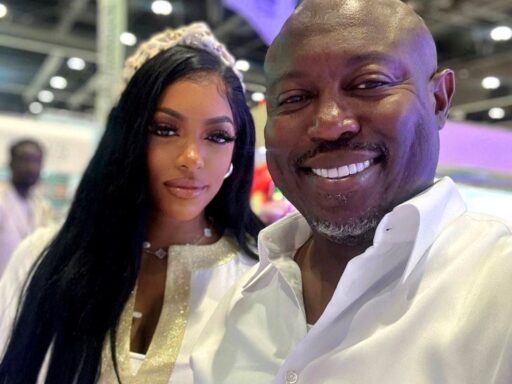
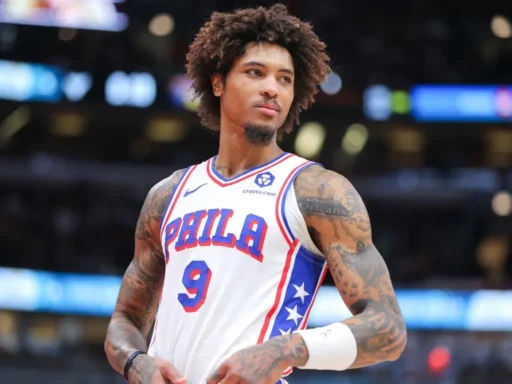

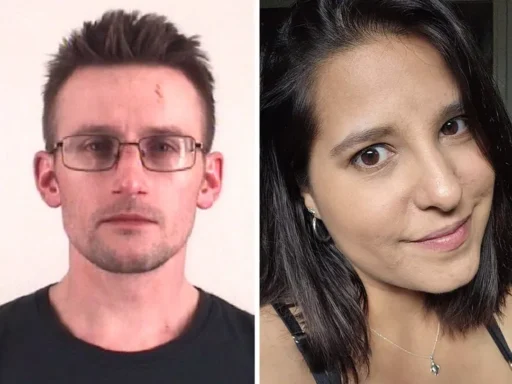
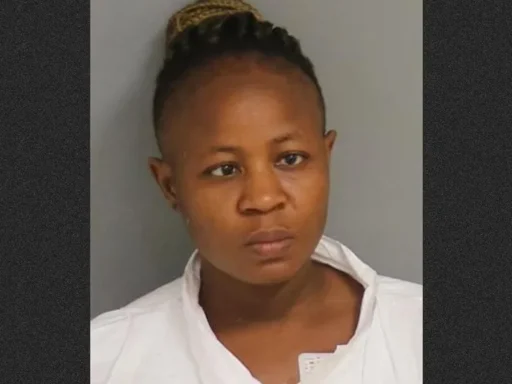
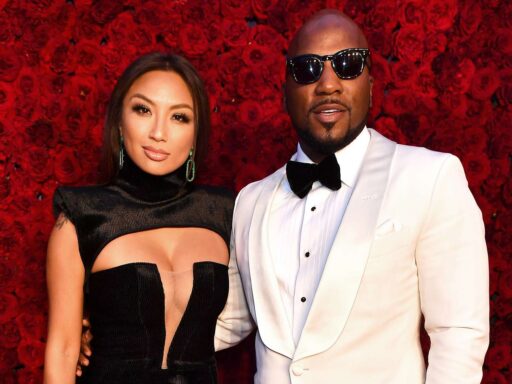
Comments are closed.